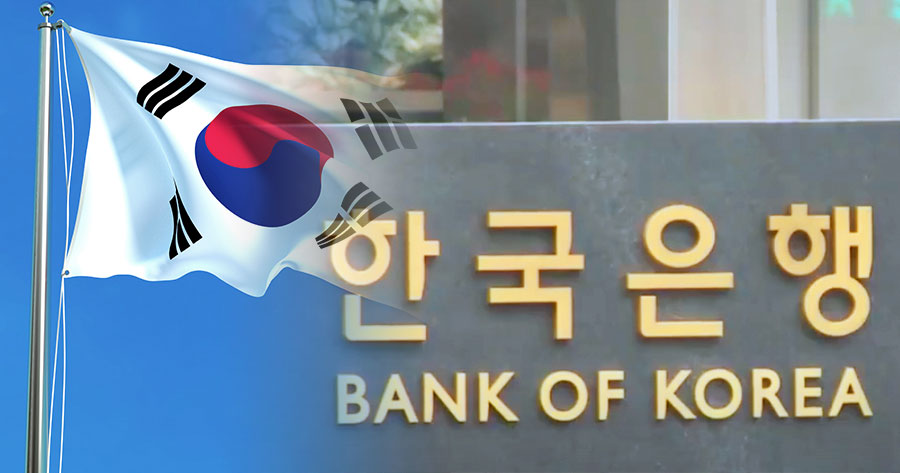South Korea’s inflation rate startled markets with an unexpected rise in March, driven by the depreciation of the won, which elevated import expenses.
This development complicates the Bank of Korea’s (BOK) efforts to maintain its easing monetary policy when officials convene for the April policy-setting meeting.
The acceleration in consumer prices to 2.1%, up from February’s 2%, defied Bloomberg economists’ anticipated decrease to 1.9%. Excluding the volatile food and energy sectors, core prices climbed by 1.9%.
The inflationary pressure has emerged against a backdrop of international trade strains, notably as US President Donald Trump’s tariff strategies pose risks to South Korean exports.
While a majority of analysts predict the BOK will maintain its rate on April 17 to evaluate February’s rate cut’s effects, there is speculation about future policy shifts as trade disputes become clearer.
The BOK projects core inflation steadiness around its 2% target, although it cautions about high uncertainties regarding exchange rate fluctuations, oil prices, and domestic demand levels.
The consumer price report highlights a 2.3% increase in service costs, with product prices rising by 1.7%, reflecting the broader economic pressure.
With the won underperforming as Asia’s weakest currency last year, costs for imports like food and fuel have risen. Specifically, imported beef saw a 5.6% price spike, surpassing the general food price increase of 2.4%. Meanwhile, fuel-related products also experienced price hikes.
So far, the BOK has implemented three rate cuts since October, aligned with its inflation views, while the government prepares a supplemental budget of KRW 10 trillion to buffer the economy against trade adversities and support recovery from recent wildfires. Additional measures for the auto industry are anticipated.
Political upheaval following President Yoon Suk-yeol’s brief martial law declaration and the uncertainty in its aftermath have adversely affected consumer and business sentiment. Retail sales growth decelerated from 11.7% in January to 4.4% in February, and consumer confidence fell from 95.2 in February to 93.4 in March.
The Constitutional Court’s pending decision regarding President Yoon’s future could significantly influence economic sentiment. Despite internal challenges, external demand has shown resilience, with exports bouncing back and semiconductor exports experiencing an 11.9% year-on-year rise due to strong international demand for advanced technology products.




